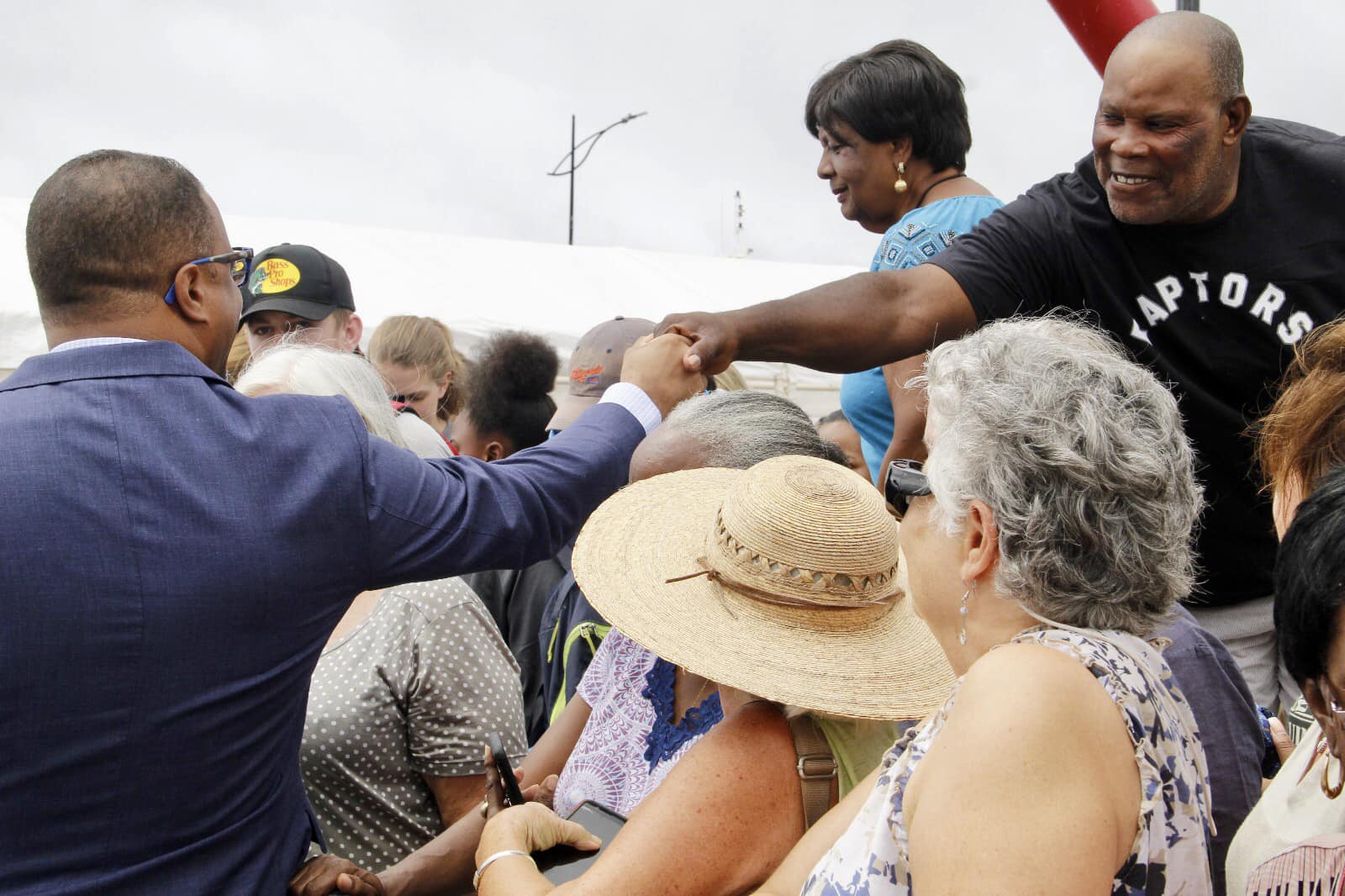PM Rowley denies calls for announcing State of Emergency in Trinidad and Tobago
This has been seen by the government as a drastic step, that could have unwanted effects on the nation’s economy and society, leading to a from of destabilization that Trinidad and Tobago might find hard to rebound from.

The PM Rowley led government of Trinidad and Tobago has been under significant pressure due to rising crime rates in the nation. The situation has cascaded to a point where many in the opposition camp, have called for the declaration of a State of Emergency.This has been seen by the government as a drastic step, that could have unwanted effects on the nation’s economy and society, leading to a from of destabilization that Trinidad and Tobago might find hard to rebound from.
PM Rowley himself has denied calls for announcing a State of Emergency in the nation, citing the fact that such a step lacks effectivity and is not likely to solve the underlying issues that have caused the rising crime rate.
It is important to note that PM Rowley believes that if a State of Emergency is announced, not only will it fail to solve the problem but the economic impact of such a step would lead to a rise in the criminal activity in the nation.
Despite this, some sections of the public and most of the opposition camp has voiced their discontent with the manner in which the incumbent government has handled the issue of crime in the nation.According to their assessment, declaring a State of Emergency in Trinidad and Tobago has now become an uncomfortable step, that must be taken to tackle the ills of organized crime and other criminal activities in the nation.
In a statement given to address the matter, Prime Minister Rowley stated the following, "We are not advancing a state of emergency as our response to crime. We do not believe that a state of emergency is something that is the best option at this time because there are a number of downsides to it."Naturally, those who find themselves with in the government’s camp realise that there are many issues which will crop up if a State of Emergency is declared in Trinidad and Tobago.
Not only will it limit the economic capabilities of the nation, it will also affect the social fabric of Trinidad and Tobago and place the citizens in a difficult position.
It will also add to the stresses of the authorities who will have to devote even more resources and manpower to keeping the situation stable, something that the nation is already struggling with.
Having said that, it is obvious to many observers of the region that the government must take certain steps to clamp down on criminal activity on the island and restore the public’s faith in the political and law enforcement institutions of the nation.
In the current moment, most citizens are unhappy with the state of affairs in the country. In fact, even staunch supporters of the incumbent government have reservations regarding the efficacy of the government’s approach to handling crime.
Despite this, Prime Minister Rowley has belief in the institutions that have been established in Trinidad and Tobago to ensure public safety and is prepared to lend his support to them. Even though the task of maintaining control over the criminal elements in the nation is a difficult one, the government and its subsidiaries have shown the willingness to tackle the problem head on.
Author Profile
Monika Walker is a senior journalist specializing in regional and international politics, offering in-depth analysis on governance, diplomacy, and key global developments. With a degree in International Journalism, she is dedicated to amplifying underrepresented voices through factual reporting. She also covers world news across every genre, providing readers with balanced and timely insights that connect the Caribbean to global conversations.









